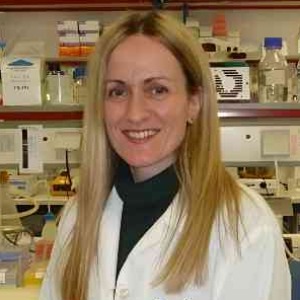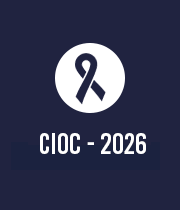Oncology Nursing and Allied Health Roles
- Role of oncology nurses in patient care
- Psychological support from allied health professionals
- Training programs for holistic cancer management
Oncology nursing and allied health roles play a critical part in cancer care, bridging the gap between diagnosis, treatment, and recovery. Oncology nurses are often the first point of contact for patients, offering emotional support, managing symptoms, and administering treatments like chemotherapy. They also work closely with oncologists to create personalized care plans, ensuring that each patient receives the right level of care at every stage of their journey.
Allied health professionals, such as dietitians, physiotherapists, and social workers, complement the efforts of oncology nurses by addressing the broader needs of cancer patients. Dietitians provide nutrition counseling to improve outcomes and manage treatment side effects, while physiotherapists help with rehabilitation and mobility. Social workers offer counseling, helping patients and families navigate the emotional and logistical challenges of cancer care. Together, these professionals form an integrated care team, dedicated to improving the quality of life and treatment outcomes for cancer patients.

Rajvir Dahiya
University of California San Francisco, United States
Atif A Ahmed
University of Washington-Seattle Children’s Hospital, United States
Anyou Wang
DIFIBER LLC, United States
Paulo Cesar De Morais
Catholic University of Brasilia, Brazil
Shilpa S Dhar
UT MD Anderson Cancer Center, United States
Eleni Petsalaki
University of Crete, Greece



Title : A novel blood-based mRNA genomics technology for cancer diagnosis and treatment
Rajvir Dahiya, University of California San Francisco, United States
Title : tRNA-derived fragment 3′tRF-AlaAGC modulates cell chemoresistance and M2 macrophage polarization via binding to TRADD in breast cancer
Feng Yan, The Affiliated Cancer Hospital of Nanjing Medical University, China
Title : Integrating single-cell and spatial transcriptomics to uncover and elucidate GP73-mediated pro-angiogenic regulatory networks in hepatocellular carcinoma
Jiazhou Ye, Guangxi Medical University Cancer Hospital, China
Title : Unveiling the synergism of radiofrequency therapy and graphene nanocomposite in tumor cell viability assay
Paulo Cesar De Morais, Catholic University of Brasilia, Brazil
Title : Analysis of the dynamic evolution and influencing factors of nutritional risk in breast cancer patients during treatment
Jingwen Yan, Sun Yat-sen University, China
Title : Integrative multi-omics reveals metabolic–stemness coupling and novel therapeutic targets in osteosarcoma chemoresistance
Jinyan Feng, Tianjin Medical University Cancer Institute and Hospital, China